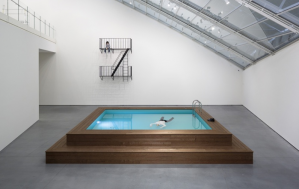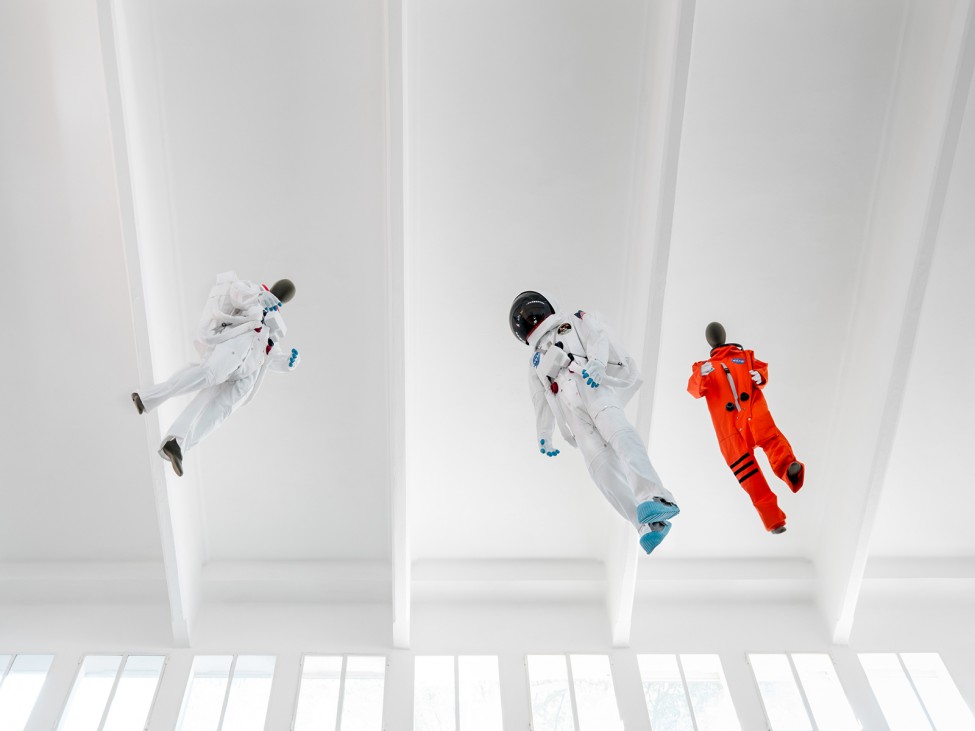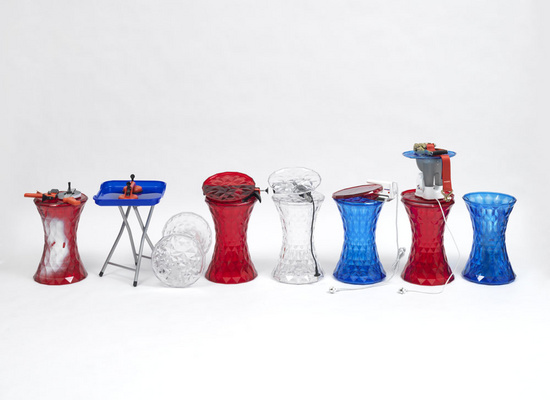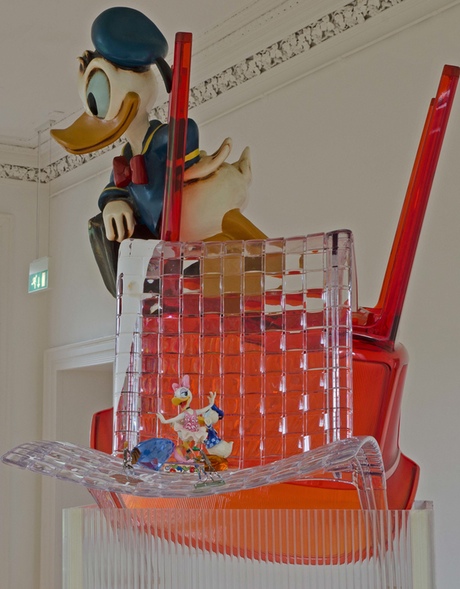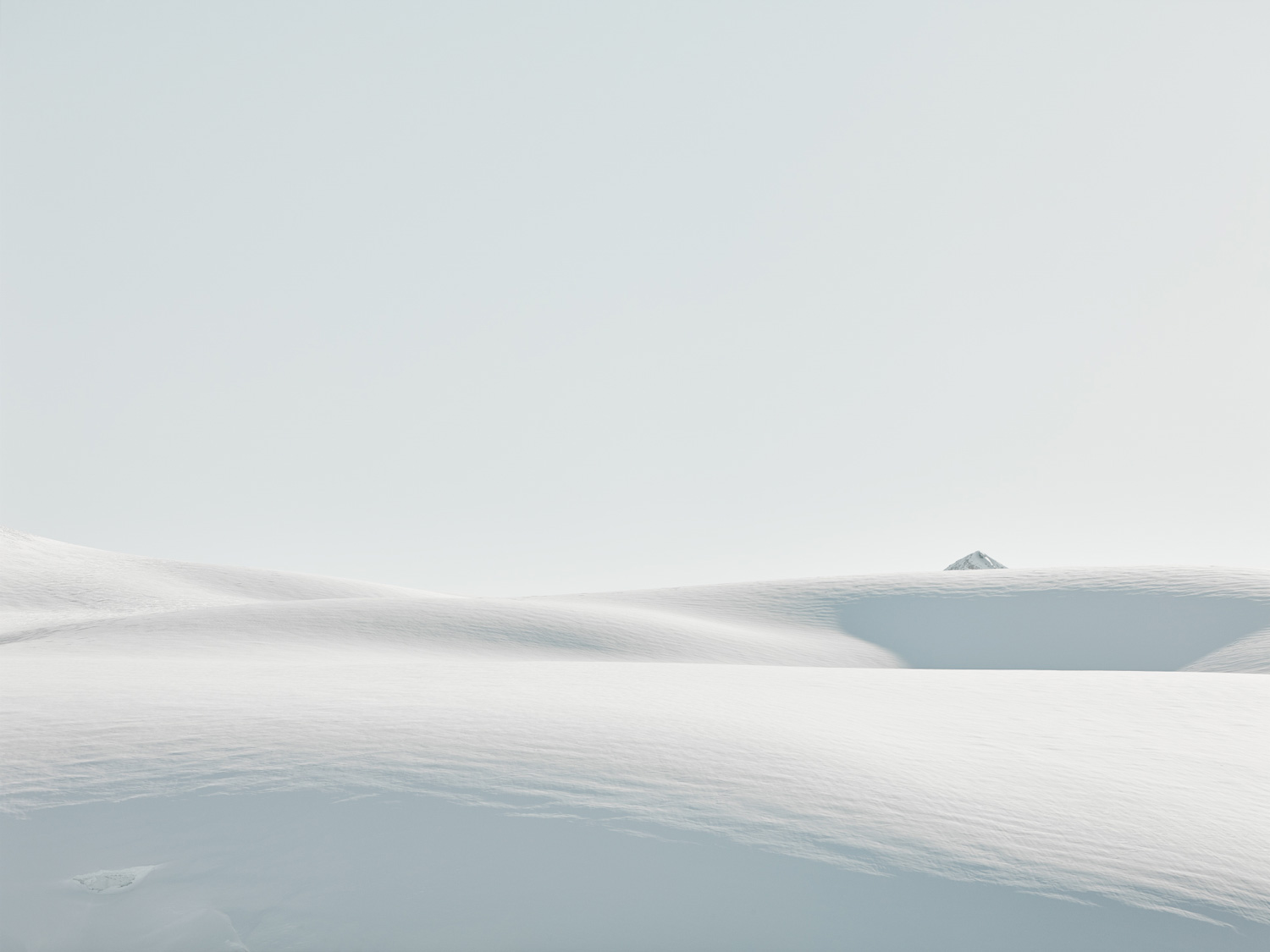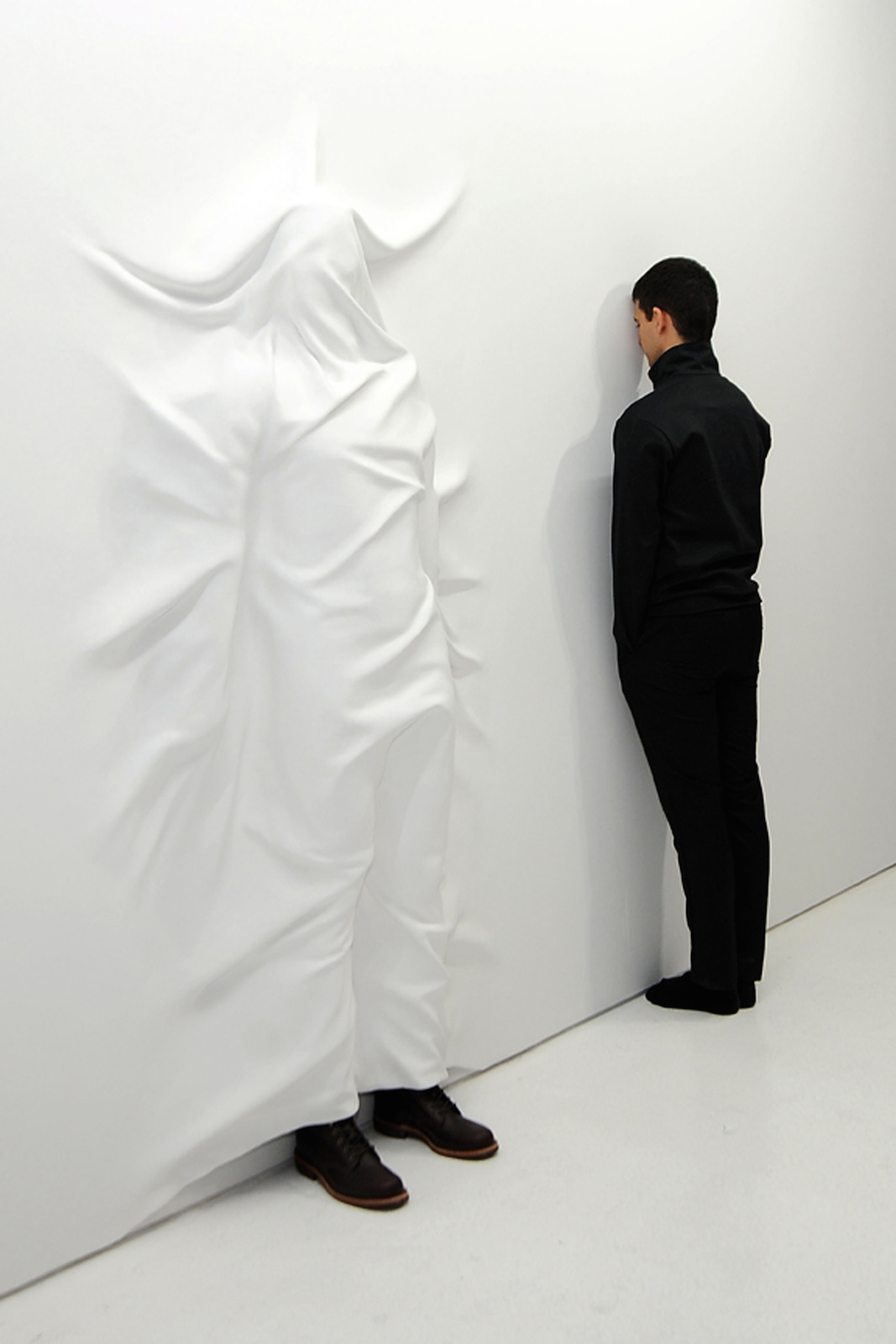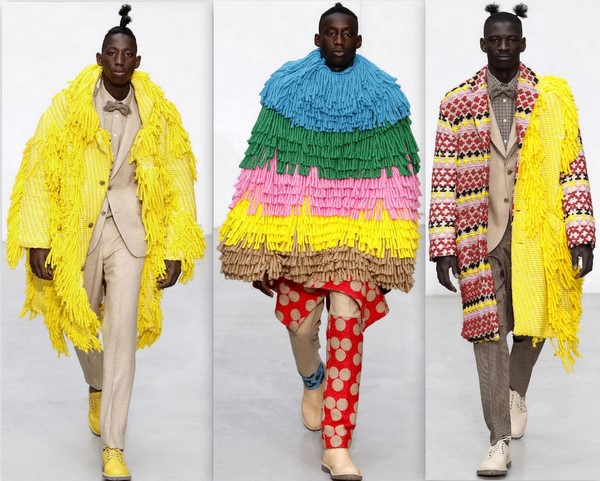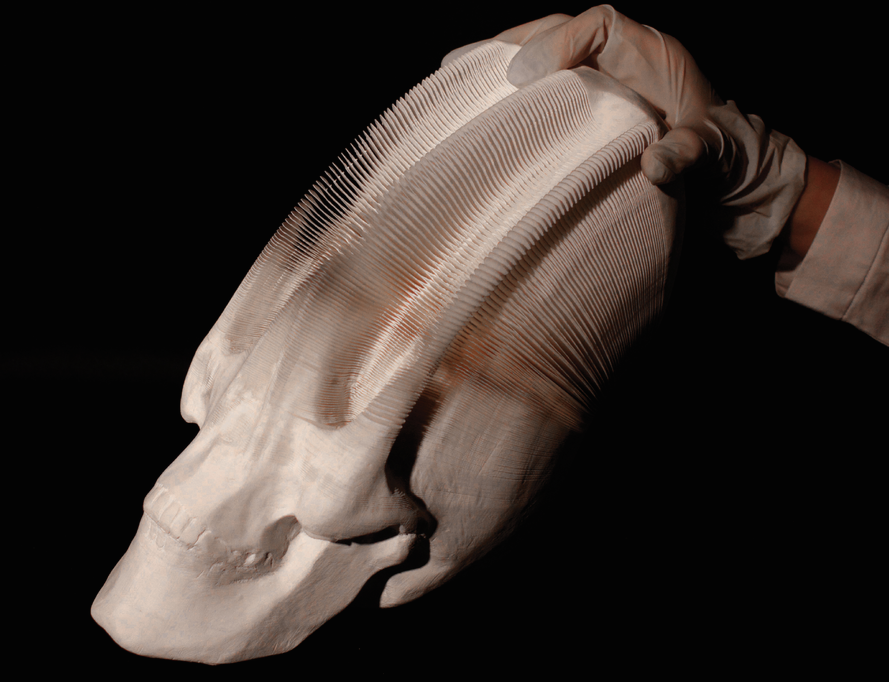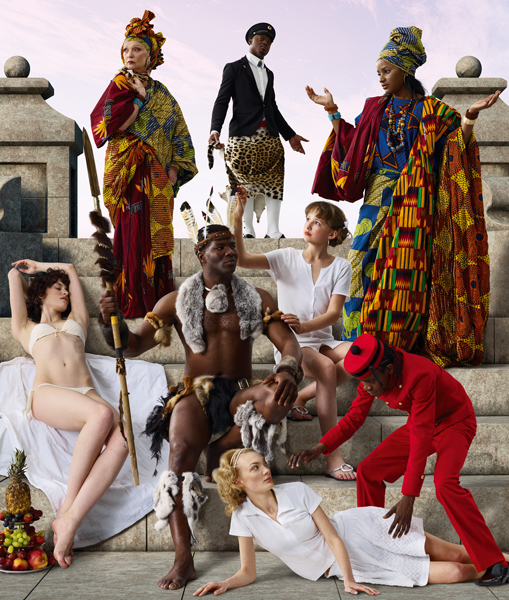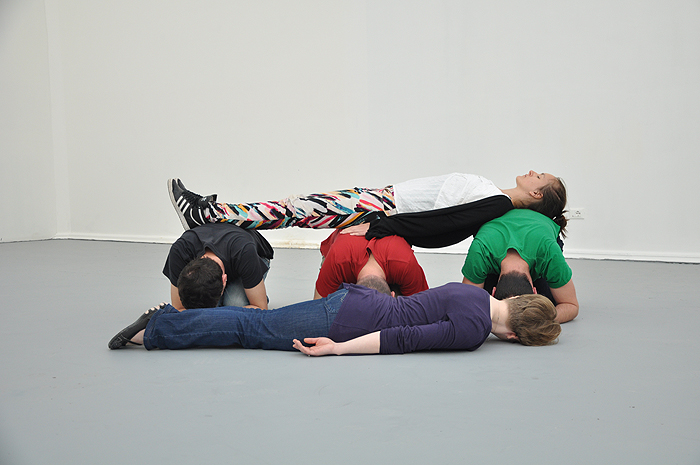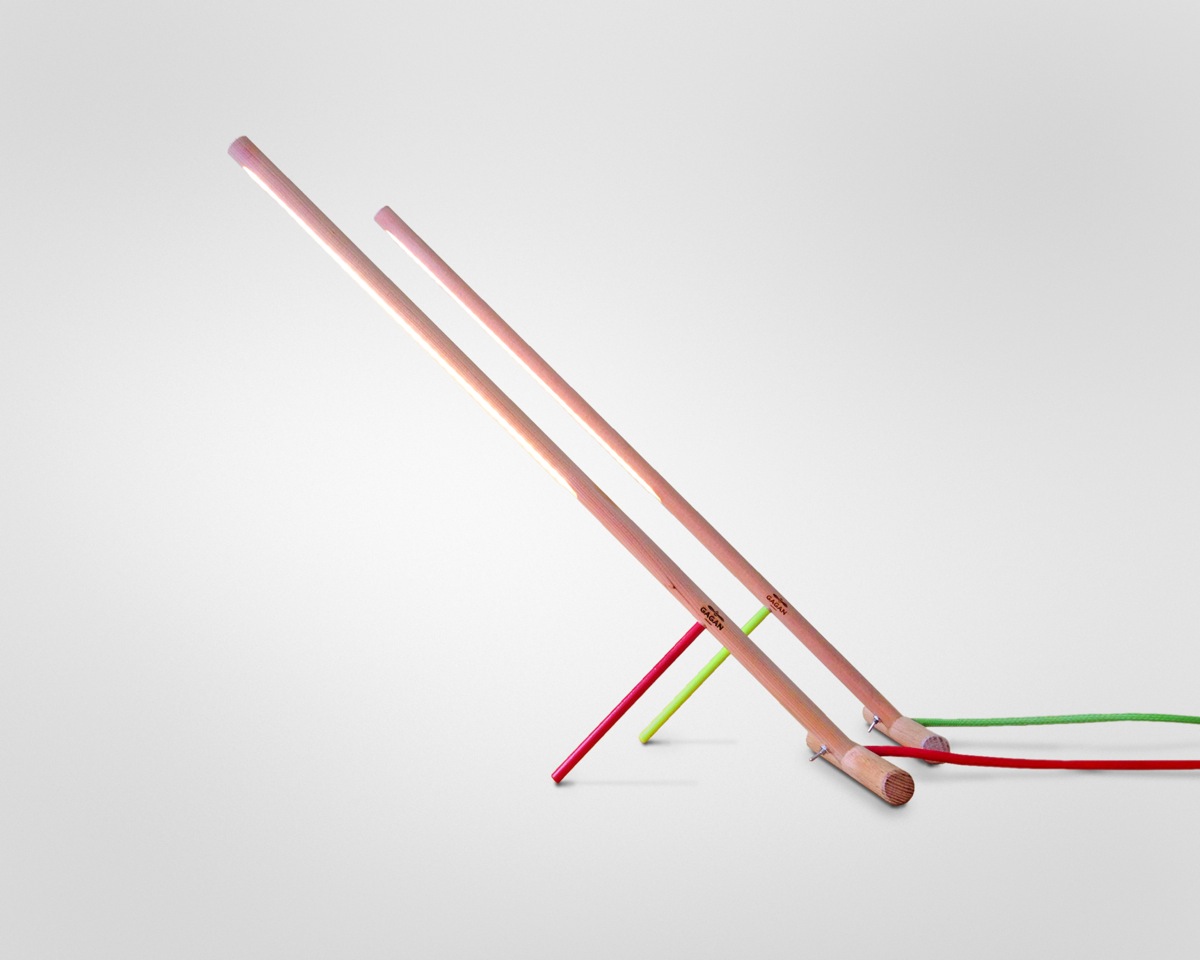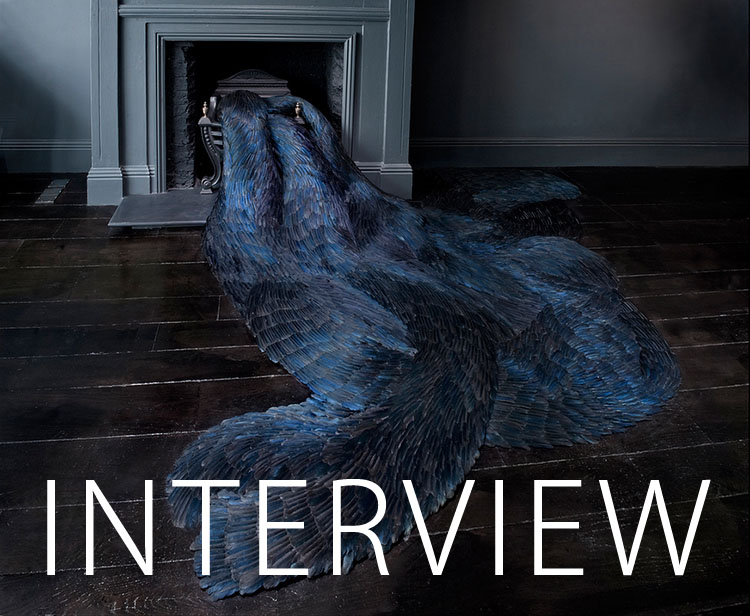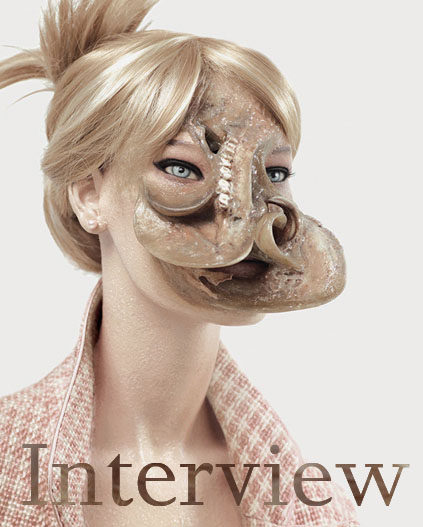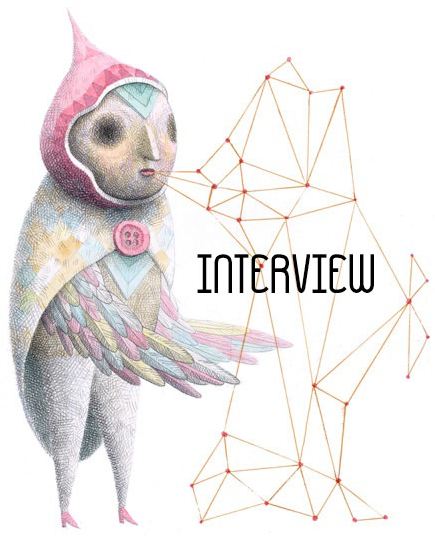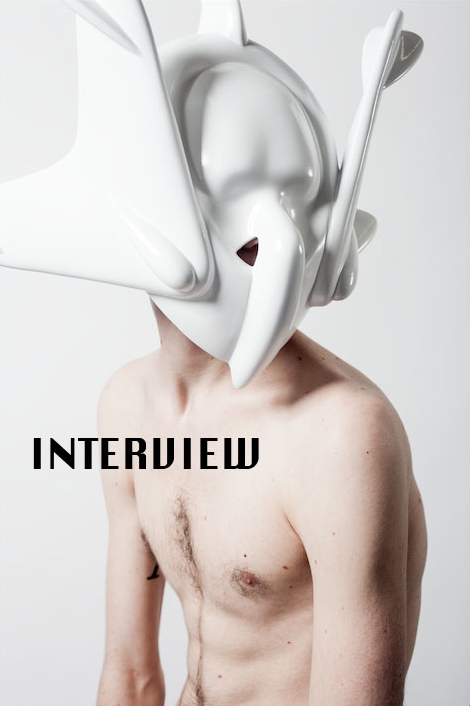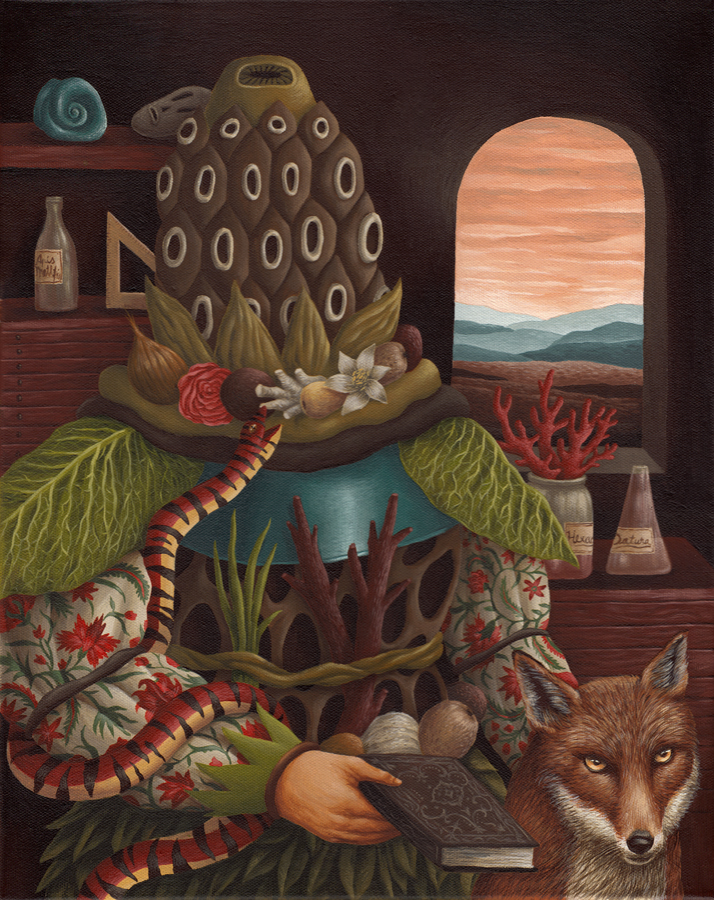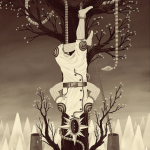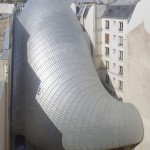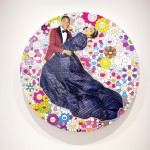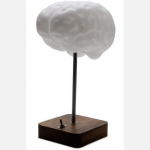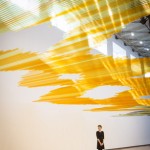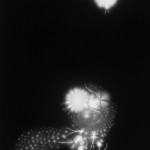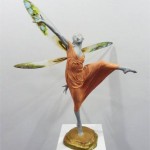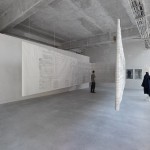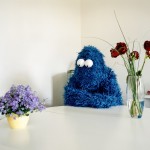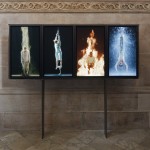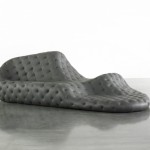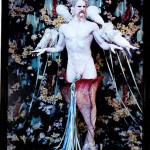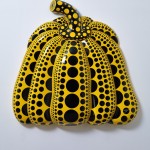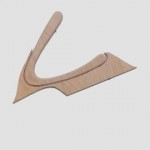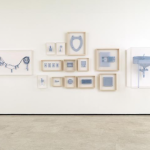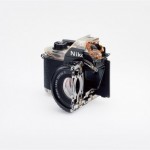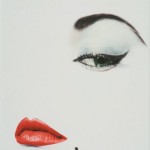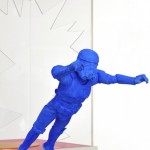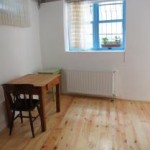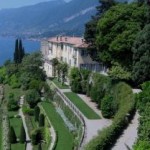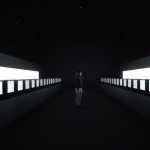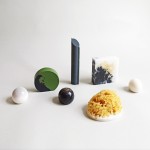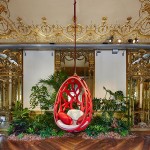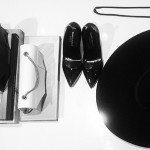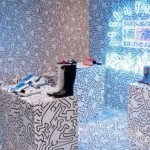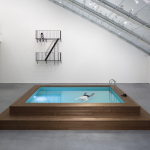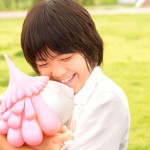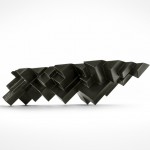INHALE is a cultural platform where artists are presented, where great projects are given credit and readers find inspiration. Think about Inhale as if it were a map: we can help you discover which are the must-see events all over the world, what is happening now in the artistic and cultural world as well as guide you through the latest designers’ products. Inhale interconnects domains that you are interested in, so that you will know all the events, places, galleries, studios that are a must-see. We have a 360 degree overview on art and culture and a passion to share.

Isa Genzken is a contemporary artist who lives and works in Berlin. Her primary media are sculpture and installation, using a wide variety of materials, including concrete, plaster, wood and textile. She also works with photography, video, film and collage.
Architecture is one of her subjects. As modern as the word architecture sounds, Genzken sees every structure as the ruin it could turn into. For her series of sculptures called “New Buildings,” she leaned sheets of glass and plastic against each other. The objects are reminiscent of models of skyscrapers for a new modern age — crystalline, highly aesthetic and yet somehow makeshift. She titled one of her shows “Fuck the Bauhaus,” because so many architects invoked the Bauhaus after 1945 and yet did not adhere to its rules.

Untitled, 2007: The MoMA show, which will later travel to Chicago and Dallas, is a triumph for Genzken, albeit a distant one. She isn’t nearly as famous in her native Germany, even though she has exhibited at the Documenta contemporary art exhibition three times, represented Germany at the Venice Biennale in 2007 and received many important awards.
She repeatedly creates metaphors for vulnerability. She spray-paints twisted pieces of sheet metal with bright colors, hangs them on the wall and calls it “Gay Baby.” Many of her images depict destruction. She builds tableaus that feel like three-dimensional film stills, brutal arrangements with plastic toys and small plastic figures on replicas of fields of ruins. She creates beauty from ugly things, even wheelchairs and shabby umbrellas. Humor is also a recurring theme in her work. For one installation, she placed an assortment of sunglasses onto busts of Nefertiti.
This is Genzken’s world: minimalism and trash, neon and despair. Hieronymus Bosch, Marcel Duchamp, American concept art — it all flows into her work, as does the mood in the clubs she visits and the mood in her own head.
There is something cryptic about Genzken’s art, something mysterious that is unfathomable and yet perceptible. Her art is very private and sometimes irritating, almost as if she were using it as a coping mechanism.
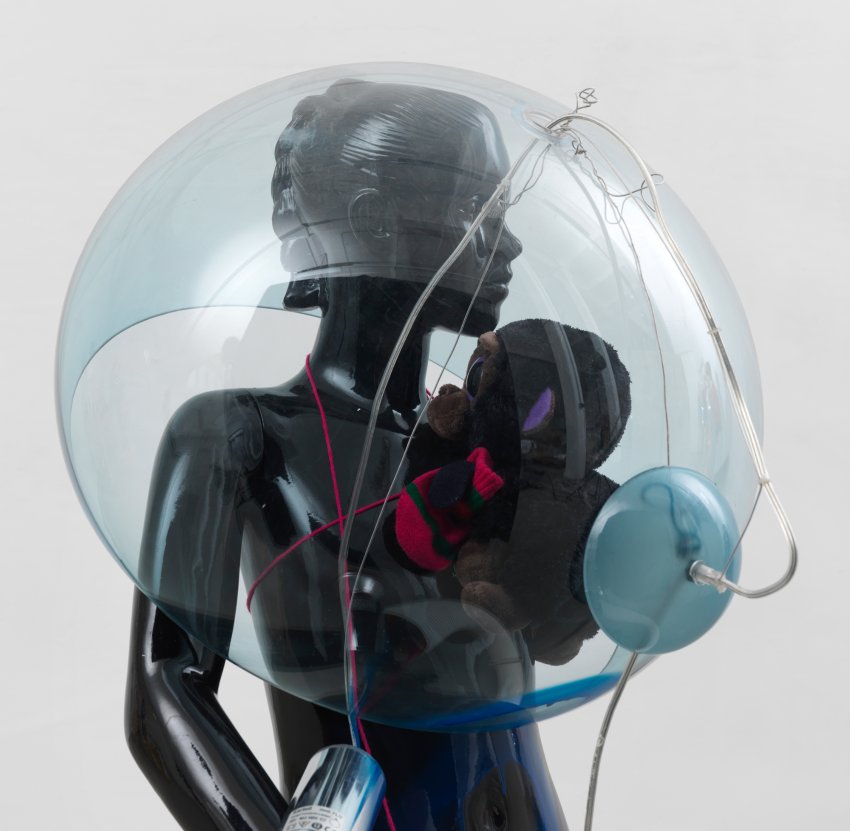
Genzken has bipolar disorder and goes through manic and depressive phases, and she is also an alcoholic. She is constantly in treatment to manage her condition. But anyone who knew her in the 1980s would have hardly believed she would still be alive today. There were times when Buchholz had to pull her off the streets, where she regularly ended up. “It wasn’t always easy,” he says. (“Schauspieler,” 2013.)
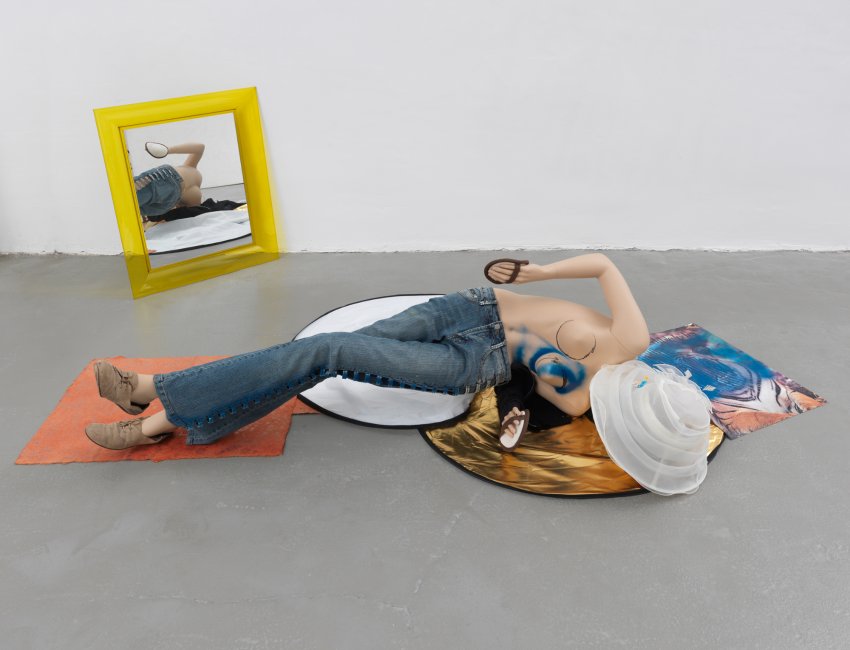
She is a nonconformist in the German art world, perhaps more surprising and multifaceted than anyone else. “Yes, that might be true,” she says with a smile. (“Schauspieler,” 2013.)
Genzken’s way of working could be compared to the multiplicity of approaches found in the paintings of Gerhard Richter and Sigmar Polke or the related efforts of James Welling in photography, yet, unlike those artists, Genzken cannot be defined by a single medium or tradition and has made compelling and influential contributions in numerous fields. It is difficult to pinpoint any artist working in this period who has pursued such an intentionally varied path, and in recent years, a new generation of artists, curators, and art lovers has been inspired by her radical inventiveness. The past decade has been particularly productive for Genzken, who has taken her interest in found objects and collage and created several bodies of work that have redefined assemblage for a new era. These works, which range from smaller, diorama-like works to room-filling installations, incorporate photographs, kitschy souvenirs, pop culture cast-offs, cheap household products, and high-end design objects, obliterating any hierarchy of value between them as they are combined into powerfully evocative statements that are immediately recognizable as Genzken’s.
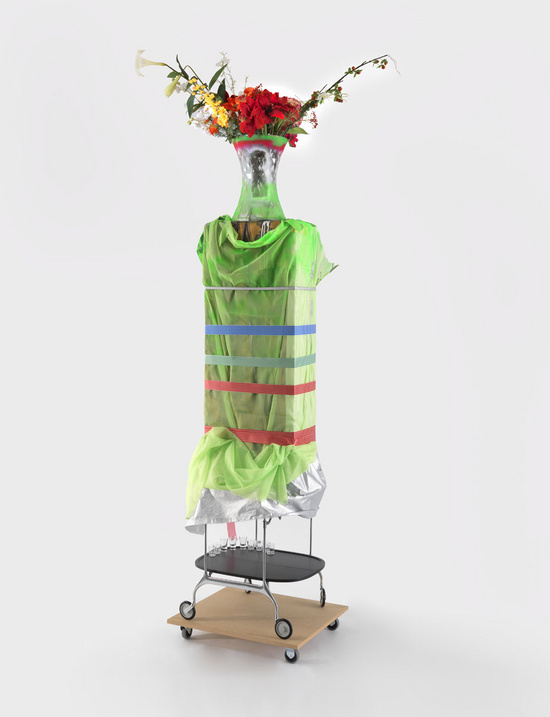
Hospital (Ground Zero), 2008
Artificial flowers, plastic, metal, glass, acrylic, spray-paint, mirror foil, MDF and casters
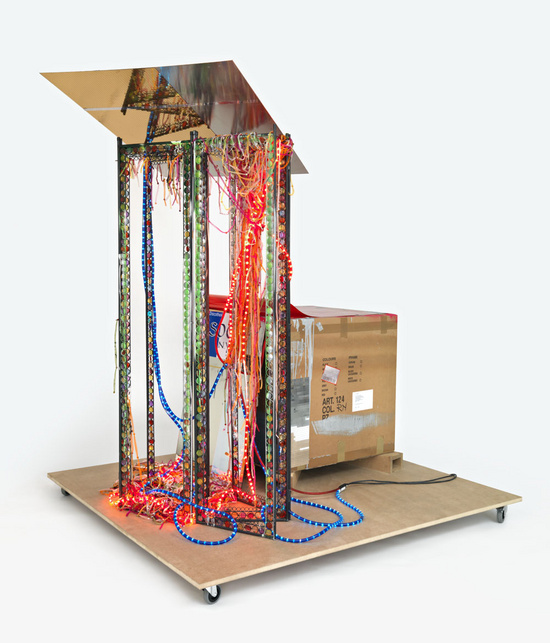
Disco ‘Soon’ (Ground Zero), 2008
Cardboard, plastic, mirror, spray-paint, acrylic, metal, textile ribbons, light ropes, mirror foil, colour print on paper, MDF and casters
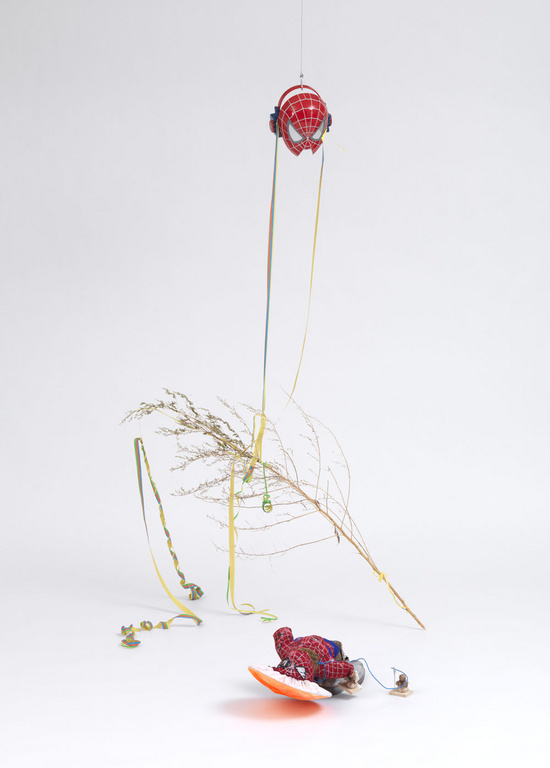
Biography
Biography download
Bibliography
Images
Press
Hauser & Wirth exhibitions
Selected Publications
Spiderman
→
←
Index 8 of 65 works
Spiderman, 2008
Paper, dried plant, fabric, stuffed animal, plastic, spray-paint, acrylic, shoes and tape
Mannequins in bizarre fashion-disaster blends of sunglasses and riot gear, plus a toy monkey dressed up for some appalling art fair, ape the puzzled spectators who wander among Genzken’s sprawling collages and junk sculptures. Through it all runs a fascination with the nature of beauty that is oddly appropriate for the botanic garden, after all. In one rollicking combine laid out on the floor, posters of artistic masterpieces from Berlin’s museums including Caravaggio’s Victorious Cupid collide with contemporary ephemera in a meditation on beauty and desire, love and loss, in the modern world.
Isa Genzken is one of the standouts at Edinburgh art festival 2014.
- via moma.org; hauserwirth.com and spiegel.de


